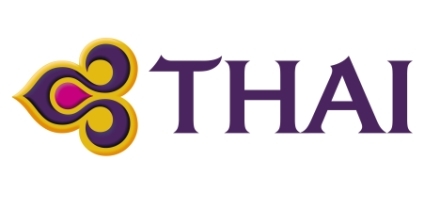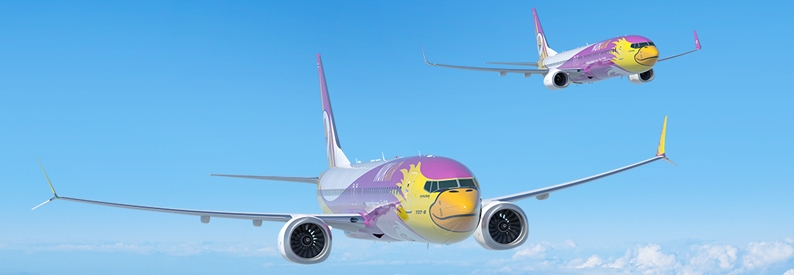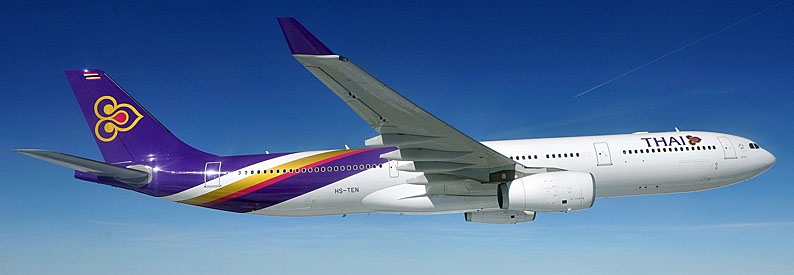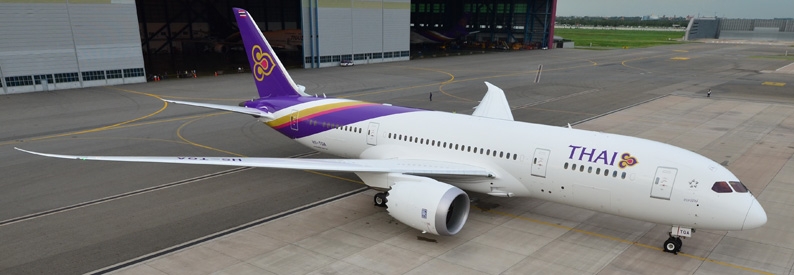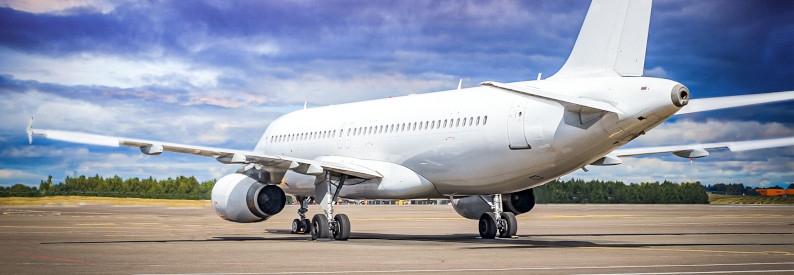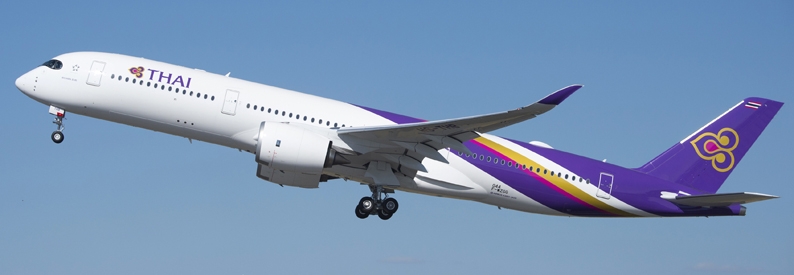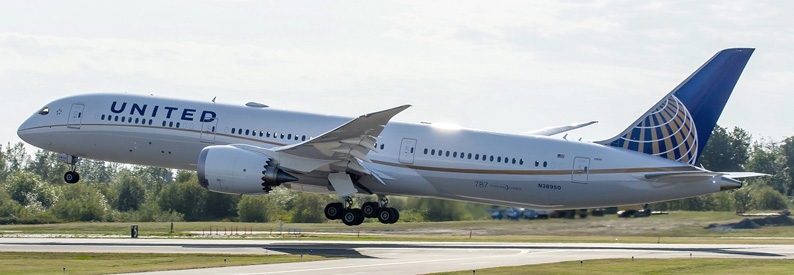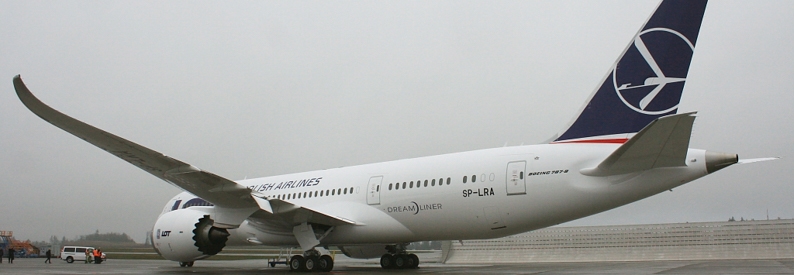A governmental audit has identified multiple cases of graft, corruption, and wrong business decisions as the reasons for Thai Airways International' dismal financial situation, Deputy Transport Minister Thaworn Senniam said at a media briefing.
Thaworn said the decision to acquire four A340-500s and six A340-600s in 2004 was the first step in a series of bad calls that drove the airline into a spiral of losses. According to the audit, Thai failed to post a profit on a single flight operated by the quadjets from 2005 until 2013, when they were retired.
Without providing any specifics, the audit also suggested that there was evidence that at least THB2.6 billion bahts (USD83.4 million) was paid to various government and airline decision-makers to select the A340s.
The quadjets have long been a headache for the carrier's successive managements. Despite being retired in 2013, Thai has so far failed to find buyers for the aircraft. All -600s and three -500s are stored at Bangkok Don Mueang and Utapao, while a fourth -500 is operated by the Royal Thai Air Force (Bangkok Don Mueang). In 2019, the government floated the idea of reactivating the aircraft in a new cabin configuration, although these plans were never actually set in motion.
The governmental audit also identified unaccountable costs reaching THB589 million (USD18.9 million) related to the operating leases of six B787-8s and two B787-9s. According to Thaworn, the costs were partially due to bribes from Rolls-Royce and partially due to bad deals on management, spare parts, and other related transactions.
Another finding was the inflating of wage expenses during the last few years despite the number of staff employed actually going down. Thaworn did not give a total number but said the rise of overtime pay was the main reason behind the inflated costs. In 2019 alone, overtime pay for repair and maintenance workers amounted to THB2 billion (USD64.1 million) with 567 staff in that division claiming more than the legal cap of 1,500 overtime hours per year. The records pointed to multiple irregularities, including some employees claiming overtime exceeding 365 days per year. A record member of staff claimed overtime equivalent to 419 days, thereby netting an extra THB3 million (USD96,200) in compensation.
The audit also identified THB10 billion (USD320 million) in non-approved compensation payments to airline executives.
Other findings included extending duty-free contracts without a tender and loss-making deals with agents.
Thai Airways is currently in the process of entering bankruptcy protection. After a series of hearings in August, the Central Bankruptcy Court is due to rule on September 13, 2020, on whether the carrier can proceed with restructuring.
Thai Airways did not respond to ch-aviation's request for comment.
- Type
- Base
- Aircraft
- Destinations
- Routes
- Daily Flights
